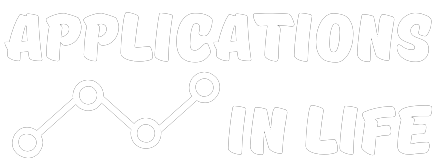Financial literacy is the ability to make financially responsible decisions based on the knowledge and skills that people need to manage their income and expenses self-sufficient. Аnd with confidence to achieve sustainable financial stability. It includes understanding how to save, invest and distribute your proceeds while being aware of how to protect them and prevent abusive and poor financial practices.
Understanding the basic financial principles helps people not only in the long term, but also in their daily activities, such as balancing their family budgets, using a credit card, or ensuring an income for their children’s education.
Lack of financial literacy is an issue with widespread influence. Poor financial decisions could have negative implications on a person’s financial well-being, economic health and the competitiveness of the economy as a whole.
Financially illiterate people often have problems with debt due to misunderstanding of the terms of their mortgages or loans. They fall into the trap of loans with high-interest rates. Usually, they do not know how to budget properly and rarely assure adequate retirement income. This leads to the inability to the timely payment of bills, loans, bankruptcy and even foreclosure.
Financial illiteracy concerns all ages and all socioeconomic levels.
We believe that financial literacy is essential and “reserved right” to everybody. It’s not a luxury knowledge. It’s a necessity. Our mission is to support and develop accessible and understandable financial education to all. Because learning financial matters has a significant impact on society in general.
From a given perspective, the welfare of society depends on the level of its financial culture. Financially competent people make a significant contribution to building more progressive nations and societies.
That’s why we train, teach and uphold the progress of people who are willing to learn how the financial side of life works and to acquire new knowledge, experience and personal improvement.

